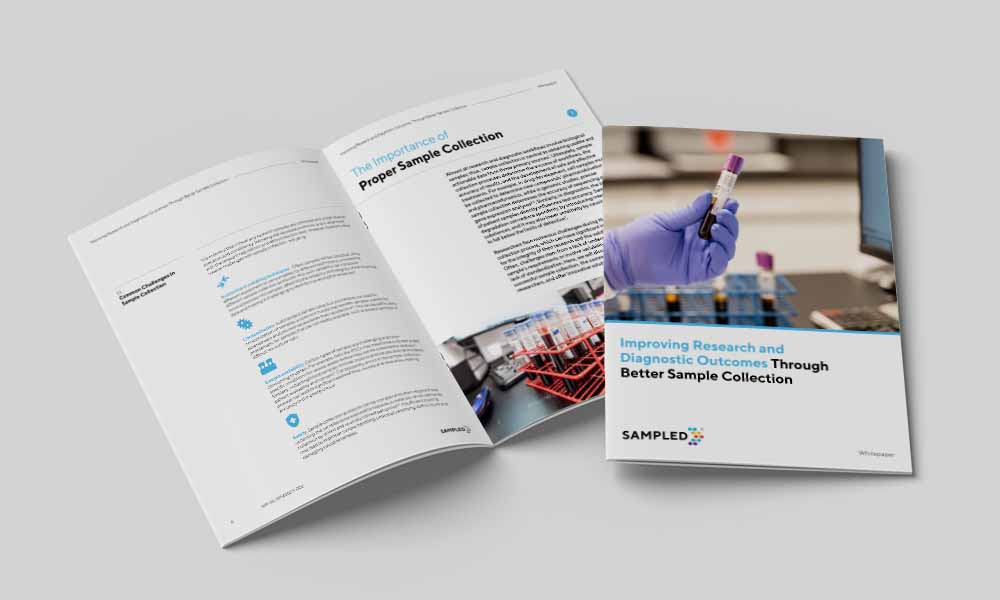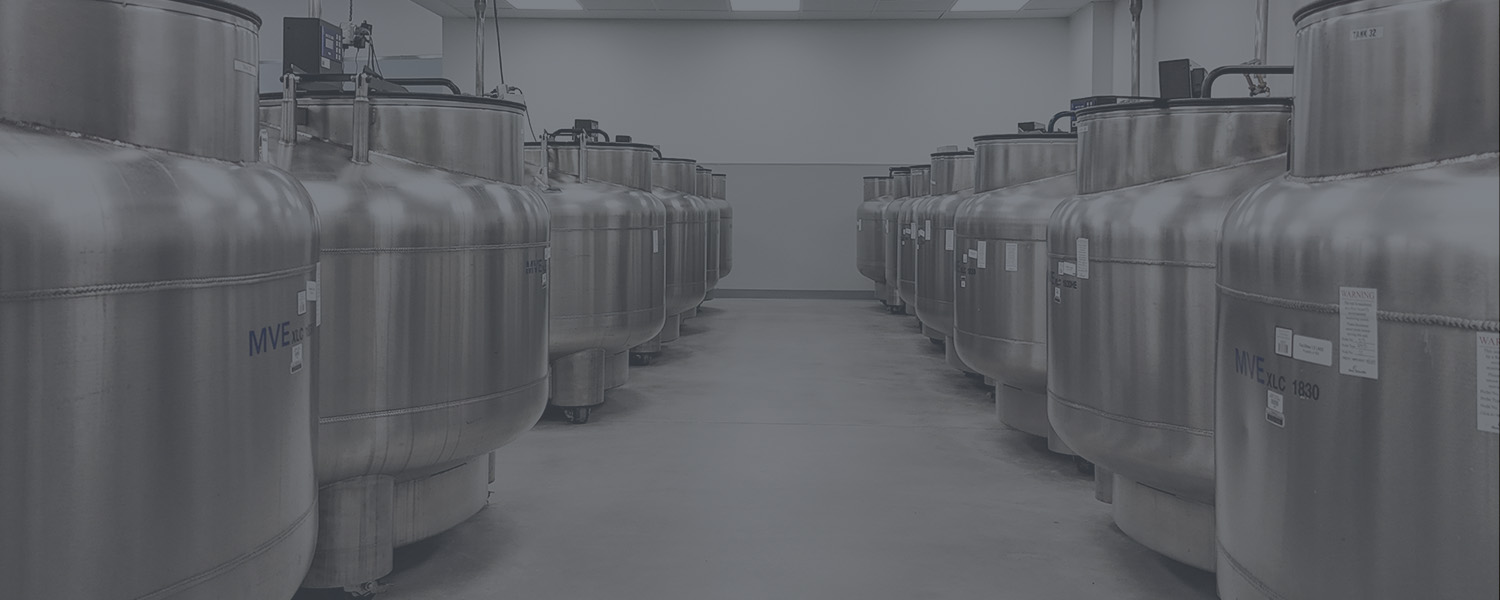Improving Research and Diagnostic Outcomes Through Better Sample Collection
Sample Storage, Sample Management, and Kitting & Logistics
Whitepaper
An overview of the key challenges in sample collection and why addressing them is critical for research accuracy and reliability
Almost all research and diagnostic workflows involve biological samples; thus, sample collection is central to obtaining usable and actionable data from those primary sources. Ultimately, sample collection processes determine the success of workflows, the accuracy of results, and the development of safe and effective treatments. For example, in drug development, cell samples must be collected to determine new compounds’ pharmacokinetics and pharmacodynamics, while in genomic studies, precise sample collection determines the accuracy of sequencing and gene expression analyses. Similarly, in diagnostics, the integrity of patient samples directly influences test accuracy. Sample degradation can reduce specificity by introducing interfering substances, and it may also lower sensitivity by causing analytes to fall below the limits of detection.
Researchers face numerous challenges during the sample collection process, which can have significant implications for the integrity of their research and the validity of results. Often, challenges stem from a lack of understanding of the sample’s requirements or involve variability introduced by a lack of standardization.
In this white paper, we will discuss the importance of successful sample collection, the common challenges faced by researchers, and offer innovative solutions.


